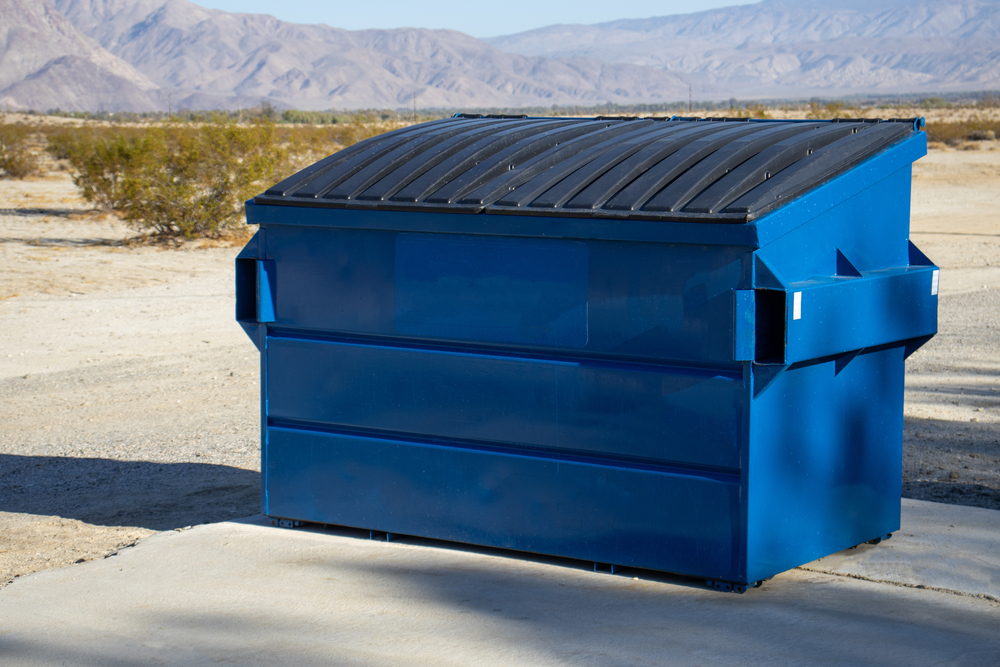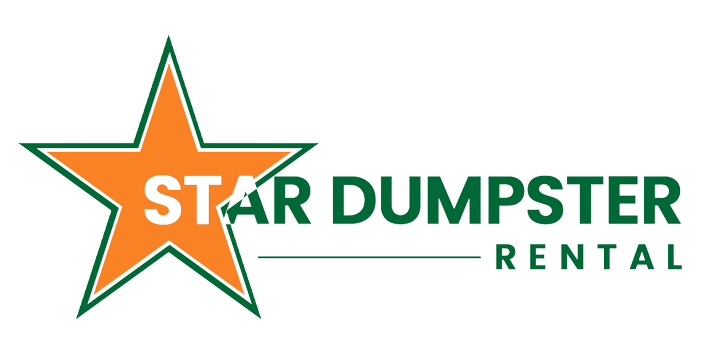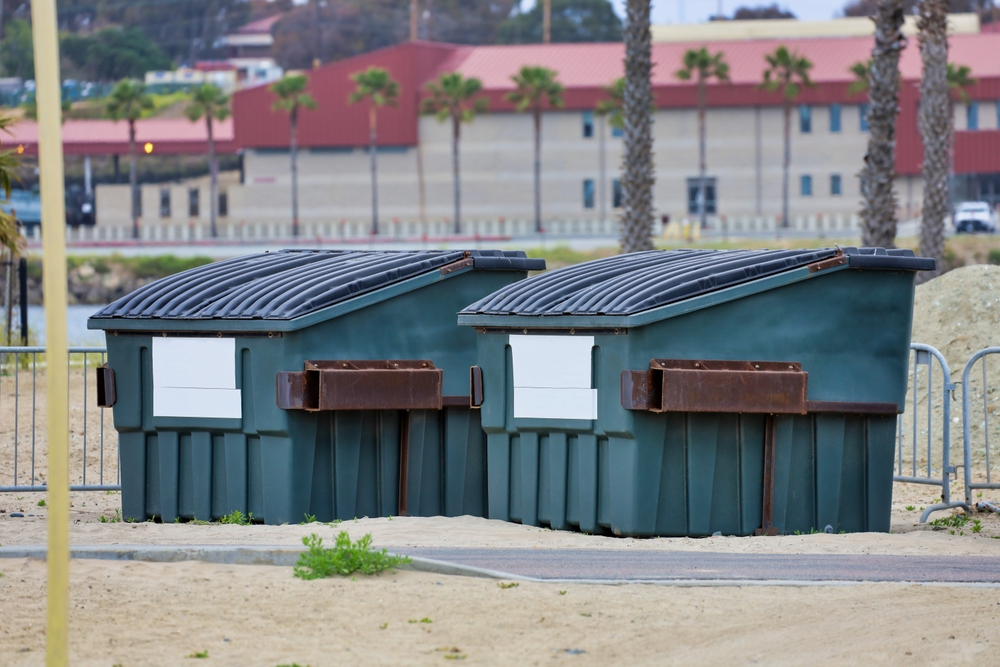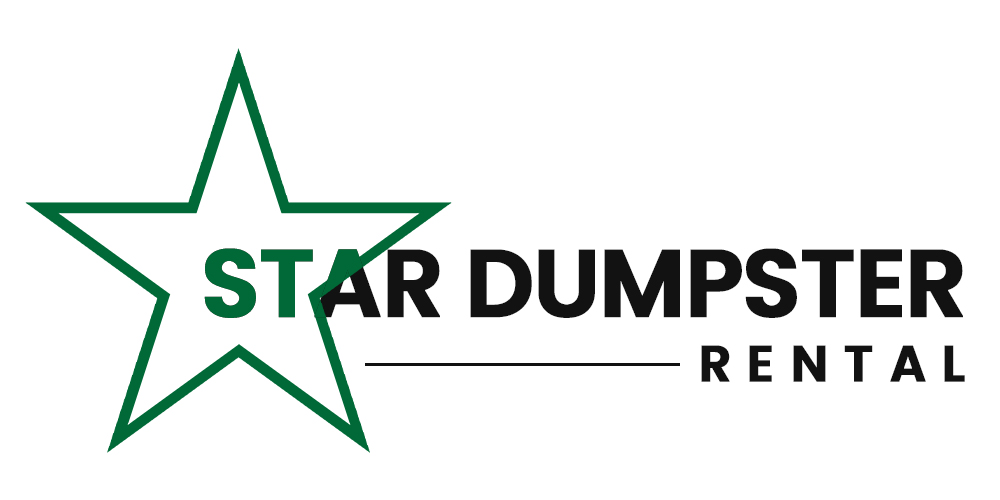Small businesses or large ones all need dumpster containers at some point. The right dumpster can make a significant difference in managing daily operations or handling waste during large projects. It’s not just about disposing of waste; it’s about doing it efficiently and responsibly.
Star Dumpster Rentals offers a practical solution for businesses of all sizes to manage their waste, keeping their premises clean and adhering to environmental regulations. With various sizes and flexible rental options, finding the perfect dumpster for any business need has never been easier. This guide simplifies the process, ensuring businesses can focus on what they do best while leaving waste management to the experts.
How do Commercial Dumpster rentals work? What is the Process?
Commercial dumpster rentals work systematically to ensure businesses can efficiently manage their waste disposal needs. Here’s an overview of how the process typically works:
1. Identifying Your Needs:
- Assess the Volume and Type of Waste: Determine the amount and type of waste your business generates. This will help in choosing the right size and type of dumpster.
- Frequency of Service: Decide how often you must empty the dumpster. Depending on your business’s waste production, this could range from daily to weekly.
2. Choosing the Right Dumpster:
- Selecting Size: Commercial dumpsters come in various sizes, typically measured in cubic yards. Common sizes include 10, 20, 30, and 40-yard dumpsters.
- Type of Dumpster: Depending on the waste type (e.g., general waste, construction debris, recyclables), you may need a specific dumpster type like a roll-off dumpster or a front-load dumpster.
3. Getting a Quote and Setting Terms:
- Contact Rental Companies: Reach out to dumpster rental companies for quotes. Provide them with details about your waste type, volume, and service frequency.
- Discuss Pricing and Terms: Understand the pricing structure, which may include rental duration, frequency of waste collection, and any additional fees (like overage charges or specific types of debris fees).
4. Scheduling Delivery:
- Set a Delivery Date: Once you agree to the terms, schedule a delivery date for the dumpster. Ensure the delivery location is accessible and clear of obstructions.
- Placement Instructions: Provide specific instructions on where to place the dumpster, considering ease of use and compliance with local regulations.
5. Using the Dumpster:
- Fill the Dumpster: Start using the dumpster according to the agreed terms. Be mindful of prohibited items and avoid overfilling.
- Segregate Waste if Required: If your business generates different types of waste (like recyclables, general waste, and hazardous materials), you may need to segregate these materials according to the rental agreement and local regulations
6. Regular Collection and Maintenance:
- Scheduled Pick-ups: The rental company will collect and empty the dumpster as scheduled. For permanent rentals, this is an ongoing service.
- Maintenance Requests: Coordinate with the rental company if the dumpster needs repair or cleaning.
7. End of Rental Period or Renewal:
- Rental Period Completion: The company will remove the dumpster for temporary rentals at the end of the agreed period.
- Renewal or Modification: If your needs change or you wish to continue the service, discuss renewal or modification of terms with the rental company.

Why is Choosing the Right Dumpster Service Crucial for Your Project?
The success of your construction project or business operation can hinge on the efficiency of your waste management strategy. Selecting the right dumpster rental services involves considering factors like the type of business you run, the specific needs of your construction project, and the nature of the waste generated. A reliable service provider will offer a range of dumpster options, flexible rental periods, and guidance on waste disposal regulations.
Different types of waste are generated in commercial settings, and not all waste is the same. Knowing the specific types of waste your project will produce is important. Construction dumpsters are great for construction and demolition debris but may not work for hazardous materials. Talk to your rental provider about the specific waste types and any environmental risks to ensure proper disposal and avoid legal issues.
How do stores and offices reduce their carbon footprint by disposing of debris efficiently?
Retail stores and office buildings increasingly focus on reducing their carbon footprint, a commitment that extends to managing construction and renovation waste. When undertaking roofing projects or renovations involving substantial construction materials, the weight of the debris becomes a significant factor. Proper disposal and recycling of these materials not only help maintain environmental standards but also play a crucial role in the sustainable operations of these establishments. By choosing the right waste management solutions, these businesses can ensure that the heavy debris from construction and roofing projects is handled responsibly, contributing to their overall efforts in reducing their carbon footprint.
Summing up!
In conclusion, understanding and efficiently managing the process of commercial dumpster rentals is crucial for businesses of all sizes. From accurately assessing waste disposal needs to choosing the right dumpster size and type and adhering to the terms of the rental agreement, each step plays a vital role in ensuring a smooth and effective waste management system. Regular communication with the rental provider, proper usage of the dumpster, and adherence to local regulations are crucial to maximizing the benefits of the service. By following these guidelines, businesses can manage their waste more effectively and contribute positively to environmental sustainability.


